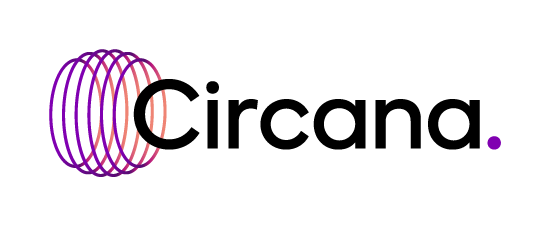It was standing room only as executives from various smart city-related businesses explained what it will take to build the ultimate smart cities that – apparently – we should all want to live in at the recent Smart City Expo World Congress. They built the scenario slowly, creating an image of a glorious new city where we’ll have unlimited access to platforms of knowledge: knowledge that will lead to better, more livable cities with a more inclusive and sustainable environment, a stronger economy, and best of all, a city where no one is left behind. Anything from air monitoring solutions to unified transportation and beyond were suggested with the underlying message that the dream – your dream – is entirely possible… as long as we’re willing to collaborate together.
And with that one word – collaborate – the audience realized that this is going to be a long hard road. There were murmurs from the audience: what about security and privacy? Who owns the data? And on the rumblings went: how exactly do all the interested parties collaborate? The panel’s solution: with transparency. You, the people (not to mention all of the involved vendors), give the cities your data and in return we, the city, promise to “do good” with it, providing a cleaner, safer, healthier, and more transparent city. Not only that, but citizens need to take a more pro-active approach to the transparent collaboration, actively embracing the new technology that they receive access to in return for handing over their data. What an admirable utopian vision it was!
Of course, the first challenge with the vision is how to bridge the gap between technology and the citizens. The old adage of “build it and they will come” doesn’t necessarily work with a project as large as a city, where the citizens may not realize that many of the great new features and services, whatever they may be, even exist. And to compound the issue, in many cases the smart city/consumer collaboration is often aimed at the influx of tourists and visitors who are even less likely to understand what new-age services are available.
The panel had an answer for this too: better education. But they did not offer much more detail, leaving attendees to wonder: who is going to do the educating? It’s unlikely to be a school-related solution, as most schools are poorly equipped to address hi-tech challenges. So, we’re talking about city-driven educational programs, such as marketing, that cost some serious dollars… again, a challenge. Or, as one participant in the panel suggested, citizens need to take responsibility for the issue, being more pro-active in educating themselves about what the city can do; a suggestion that really brought us back full circle to how a citizen even knows something exists.
This is not to say that the task ahead is impossible. Cities will indeed become “smarter” providing new tools to improve the lives of their citizens and visitors. But progress will come slowly, I suspect, so that the people who live in these cities can embrace new products and services one or two at a time. But the larger worry is, in my mind, a naivety in expecting everyone to share their data, essentially their privacy, in order to further this smart city dream. While consumers have indeed given away their data with wild abandon in the past, we’re starting to enter an era where there is more awareness of just how much information this is. And at a city level, this does promote the scary sense that the government – or worse, the corporations behind the government – knows far too much about us.
And they need to be subtle and smart too. It’s simply too easy to create parallels between the smart city vision and near future sci-fi, such as Blade Runner, where corporations have succeeded governments in truly running the world. Data, after all, is power and, as the adage goes, absolute power corrupts absolutely.


